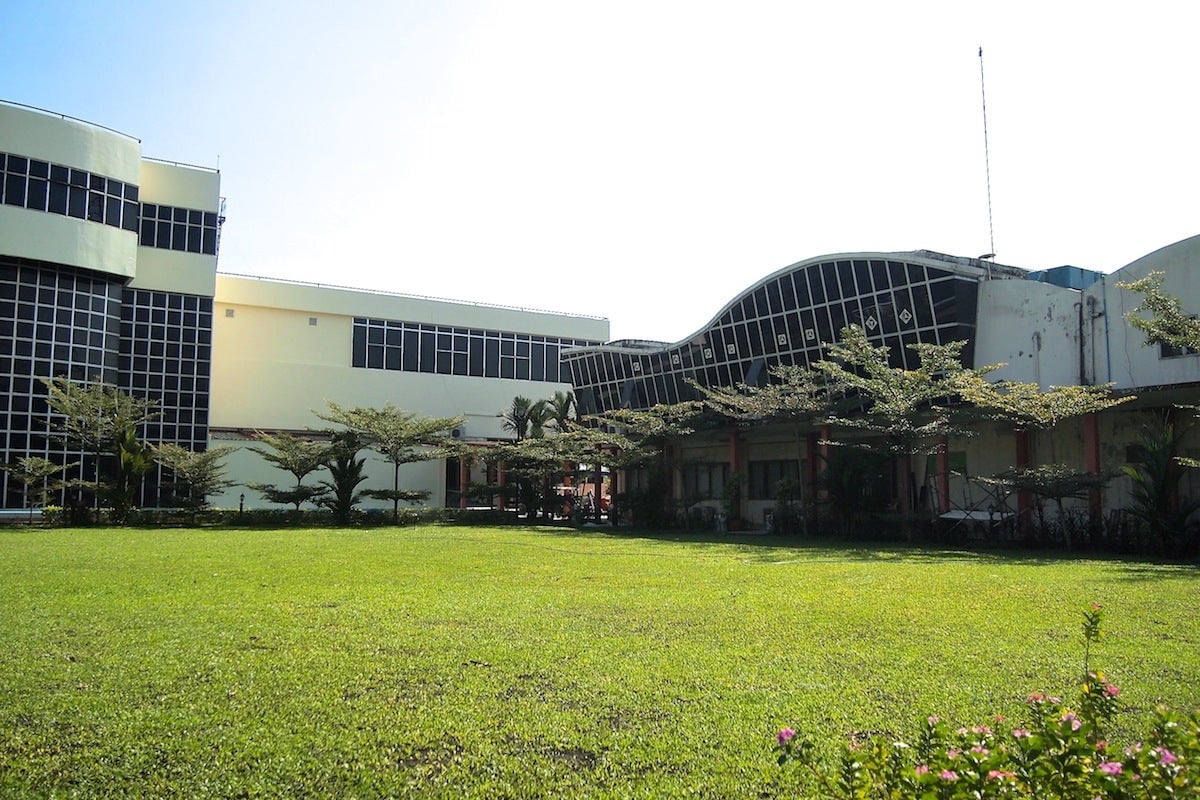Burmese startups have both foreign competitors and local cronies to contend with
YANGON— To hear him talk, Thiha Aye Kyaw sounds pretty much like an ambitious young entrepreneur anywhere on the planet. The 20-year-old computer science student has already built an app that makes him about as much money as a full-time software engineer. Businesses seek him out, and he no plans to join a large IT company after he graduates. He and his friends “don’t want to get the salary and work under other people.”

YANGON— To hear him talk, Thiha Aye Kyaw sounds pretty much like an ambitious young entrepreneur anywhere on the planet. The 20-year-old computer science student has already built an app that makes him about as much money as a full-time software engineer. Businesses seek him out, and he no plans to join a large IT company after he graduates. He and his friends “don’t want to get the salary and work under other people.”
Except that Thiha lives in Myanmar, which makes realizing his entrepreneurial dreams a little more complicated.
With Google’s chairman, Eric Schmidt, visiting Myanmar this week, there’s a lot of attention on the country’s untapped potential for investment, especially in technology and communications. Myanmar is implementing a new foreign investment law and plans to dramatically increase internet and mobile connectivity from its current levels of less than 10%. In January it hosted Barcamp Yangon, the country’s largest tech conference, attended by an estimated 6,000 people, where Thiha rubbed shoulders with entrepreneurs and digital activists from all over the planet; there were also a few of Schmidt’s colleagues from Google.
But Burmese startups have to contend both with foreign companies that are much better financed and more experienced, and with powerful local businessmen with ties to the regime.
That has been the story for Htoo Myint Naung, one of the Barcamp organizers. His company, Technomation, created a consumer GPS system with Myanmar roads and directions and the first Android Burmese-English dictionary. He was able to succeed because he worked around the powerful “crony” interests in Myanmar — those people on international blacklists with vast sums of wealth from shady government-sponsored deals — who could not see the value of new technologies such as GPS or Android programming. It was his market to claim.
On the other hand, if Dutch GPS-maker TomTom enters Myanmar, says Htoo, it could crush his business. But he believes that a cheap dash-mounted Android device with Google Maps would trounce TomTom in Myanmar. With his mix of local knowledge and understanding of global technology trends, he thinks he stands a chance. “We are worried but we will adapt,” he said.
The influence of cronyism is so pervasive that people joke that someone else is a “crony” if his mobile phone downloads data more quickly than theirs. But while the cronyists are often too behind the times to compete with ambitious young entrepreneurs, they can still stand in their way, especially when it comes to getting financing. “No one with any financing power is going to risk alienating his crony buddies,” said Thaung Su Nyein, CEO of InformationMatrix and the son of Win Aung, the minister of foreign affairs for six years during the junta regime. As a result, most startups still borrow from relatives and neighbors.

There are similar problems with office space in Yangon, which is notoriously expensive. Four organizations plan to create co-working or incubation spaces in the next two years. There is a large government-subsidized hi-tech office complex called MICT Park. But large, domestic incumbent IT companies “are trying to deter these newcomers from coming to market” by limiting access to MICT Park, says Tun Thura Tet, founder of Myanmar’s largest software company, Myanmar Information Technology (MIT), which has a vote in the process.
Foreign firms pose another kind of challenge. The owners of a Burmese classifieds site network at Barcamp griped about a well-funded German company operating local sites for jobs, cars and classified ads. A Swedish entrepreneur who was at Barcamp has a leading website for nightlife and events. “We cannot stop the big boys,” said Tun of MIT, which is the main provider for the government and the banks. “SAP, Oracle—they will be here. We will likely have to partner with them.”
For now, some entrepreneurs have to make compromises. Maxim Thaw Tint, who owns the country’s most popular franchise of unofficial Apple reseller stores and is one of the only investors in Burmese start-ups, left a job at German software giant SAP to come home to Myanmar. He had to use money from investors wealthy from jade mining and other internationally blacklisted activities to start his ventures.
Still, the massive attendance at Barcamp—the fourth in Myanmar’s history—was a sign that Burmese are hungry for opportunities. Until only last year, most would-be entrepreneurs faced a choice between moving to Singapore or another Asian country, and staying at home and working on outsourcing or government-contracted projects. Those who have started businesses in Myanmar complain of “brain drain” taking away the talent they would like to hire. But as the country’s mobile network grows and more foreign firms show up, the opportunities for local talent are growing. One of the country’s programming prodigies, a 19-year-old who created a Burmese-language browser and Facebook clone, says he’s looking forward to being able to accept mobile payments for his apps soon, and start hiring his friends. “Everyone is waiting.”